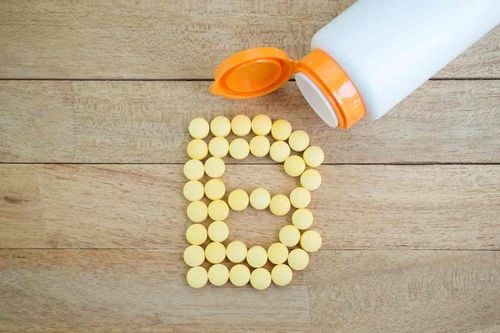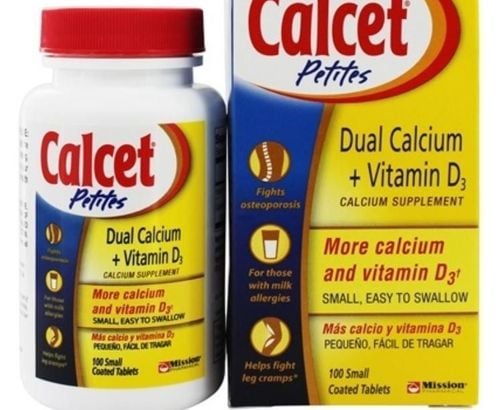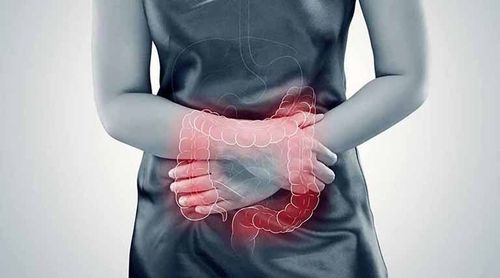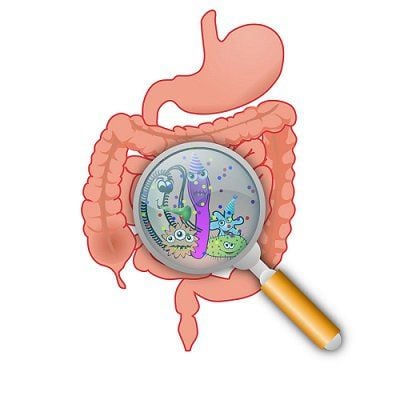This is an automatically translated article.
Vitamins and nutrients play an important role in maintaining the health of the elderly. Because at this age, the mechanisms of vitamin absorption become weaker and need to be supplemented. However, it is also necessary to pay attention to providing vitamins properly to avoid the risks that it brings.
1. Nutritional needs for the elderly
Donald B. McCormick, PhD, professor emeritus of biochemistry and health at Emory reviewed studies of dietary supplements in older adults published over the past 12 years. He argues that small changes in diet cannot meet nutrient needs. Adequate vitamin intake in the elderly should be a concern.
Specifically, older adults may be deficient in calcium, vitamin D, vitamin B12, potassium, and fiber. Fortified milk and yogurt can be fortified with calcium and vitamin D. Lean meats, fortified cereals, and some fish and seafood have vitamin B12. Fruits and vegetables have potassium and fiber.
2. Vitamin supplement for the elderly
In an ideal world, we would get all our nutrients from unprocessed fruits, vegetables and other foods. But as you enter your 50-70s, hormonal changes make it increasingly difficult to get the required amounts for certain vitamins and minerals. While science can't recreate every nutrient needed in whole foods, supplementing our diets with these key nutrients will help us get in the right shape.
Vitamin D and calcium: Bone degeneration accelerates in the 50-70s, especially in women. Because estrogen helps maintain bone mass, women become more susceptible to bone damage after menopause, says Diane McKay, a nutritionist at Boston's Tufts University. The recommended dose needed per day is 600 international units of vitamin D, plus 1,000 milligrams (mg) of calcium for men and 1,200 mg for women, divided into two daily doses. Good food sources for vitamin and calcium supplements are tuna, mackerel, beef liver, cheese, egg yolks.
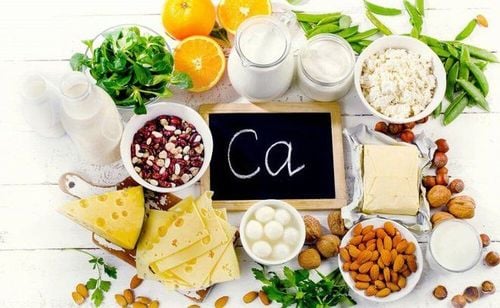
Bổ sung thêm vitamin D và canxi để đề phòng thoái hóa xương tăng tốc
Unfortunately, the body's ability to synthesize vitamin D from sunlight declines as you age. The recommended daily dose of Vitamin D is 600 international units. Good sources of vitamin D are from tuna, mackerel, beef liver, cheese, egg yolks. Vitamin D is especially essential during the 70s, to protect against disease and infection. For ages 70, the recommended dose is 800 international units per day.
Omega-3 Fatty Acids: Omega-3s help prevent irregular heartbeats, reduce plaque buildup in the arteries, inhibit inflammation, and control blood sugar levels. Christine Gerbstedt, author of Doctor's Detox Diet, says. Omega-3s are important for reducing inflammation whenever it comes up, whether heart disease, cancer or Alzheimer's. The recommended daily dose is 1,000 mg of EPA and DHA omega-3s per day. Good food sources for omega-3s are flaxseed oil, salmon, walnuts, edamame. DHA is the most abundant omega-3 fatty acid in the cell membranes of the brain. Studies have linked omega-3 fatty acids with benefits for the brain, better blood flow and increased growth of brain cells to improve mood and enhance memory. Unfortunately, as the body ages, brain cells gradually lose their ability to absorb DHA and damage both brain function and the inability to maintain good memories. The recommended dose of DHA per day is 1,000 milligrams. Good food sources for DHA are flaxseed oil, salmon, walnuts, edamame.
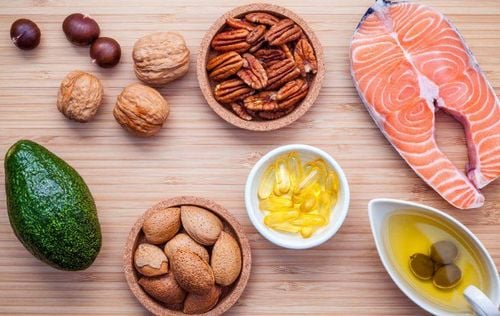
Bổ sung DHA mỗi ngày để cải thiện tâm trạng và tăng cường trí nhớ
Probiotics: As we age, the immune system becomes more susceptible to attack by unhealthy bacteria. If the gut is not healthy, the body cannot absorb the nutrients, so there is no additional energy. Nutritionist Jonny Bowden, author of the book 150 Healthiest Foods on Earth. Probiotic supplement by regenerating good bacteria. The recommended dose is 1 billion to 10 billion CFU a few days a week. Good food sources are Yogurt, kefir, kimchi, dark chocolate. Vitamin B12: According to a study published in the Journal of the American Geriatric Association, even a mild vitamin B12 deficiency can put older adults at risk for dementia. Stomach acid needed for the body to absorb vitamin B12 from food begins to decline during the 50s and 70s. Therefore, older adults should check and supplement B12 levels if necessary with the recommended dose of 2.4 micrograms per day. Good food sources for B12 include Clams, beef liver, salmon, cheese, sirloin.
Protein: As you reach your 70s, your ability to build muscle mass declines. In addition, protein requirements also increase even as intake and appetite may wane. The good news is that it is possible to supplement with protein powder or pills to increase muscle mass. The recommended dose is 20 to 30 grams of protein powder per day. Good food sources of protein are beef, chicken, beans, and almonds. At 60, dietary requirements change as the body ages, while experts recommend getting most nutrients from food, but sometimes that's not possible.
Because the gut becomes less efficient as we age, especially in our 60s and 70s, and that limits our ability to get enough nutrients from food. Supplementing the diet with key nutrients will help improve health.
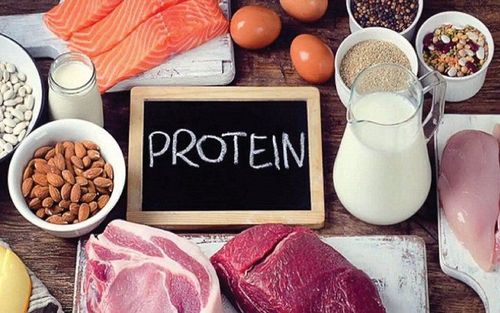
Người già trên 60 tuổi nên bổ sung 20 -30 gram bột protein mỗi ngày
3. Note when supplementing Vitamins for the elderly
Vitamin products can be a helpful supplement for overall health, seniors should be aware that these pills are supplements and not a miracle cure. Vitamin supplements are generally not the only way to improve health.
While multivitamins for the elderly, if taken as recommended, tend to be safe, but there are several factors and some vitamins can become toxic if taken in excess. Certain ingredients found in vitamin supplements can cause nausea, affect appetite, and lose weight.
Despite the potential downsides, a targeted vitamin regimen can still be helpful. Many seniors have low iron levels, and supplements that include iron can help minimize potential deficiencies. A general health maintenance approach is to take any multivitamin with iron in it on a daily basis.
If you have a need for consultation and examination at Hospitals under the national health system, please book an appointment on the website to be served.
Articles refer to sources: healthline.com, aarp.org, webmd.com
Please dial HOTLINE for more information or register for an appointment HERE. Download MyVinmec app to make appointments faster and to manage your bookings easily.





